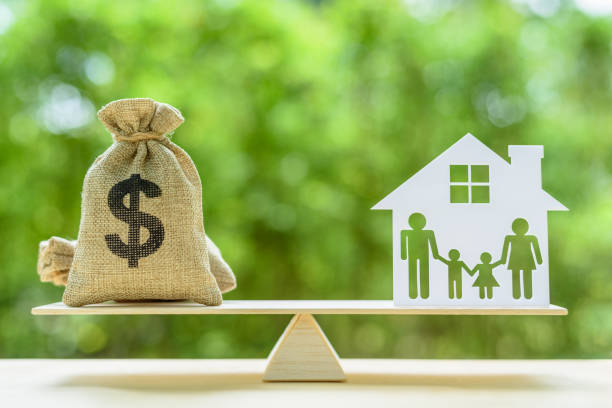
Considering Mortgage Rates: To Wait or Not to Wait Before Moving?
In the realm of real estate, timing can be everything. One crucial factor that often weighs heavily on potential homebuyers is the fluctuation of mortgage rates. The decision of whether to wait for mortgage rates to come down before making a move is a common dilemma faced by many. While it’s tempting to hold off in anticipation of lower rates, several factors come into play when considering this decision.
First and foremost, predicting mortgage rate movements is akin to forecasting the weather; it’s inherently unpredictable. Mortgage rates are influenced by a myriad of factors, including economic indicators, inflation, Federal Reserve policies, and global events. Attempting to time the market perfectly is a daunting task that even seasoned economists struggle with.
Furthermore, while waiting for rates to decrease, there’s a risk of missing out on other favorable conditions in the housing market. Real estate markets are dynamic, and factors such as housing inventory, property prices, and competition among buyers can fluctuate independently of mortgage rates. A delay in purchasing could result in missing out on the ideal home or facing stiffer competition in the future.
On the flip side, if rates do decrease significantly after waiting, there’s potential to secure a more affordable mortgage, which can translate into substantial long-term savings. Lower rates can lead to reduced monthly payments or the ability to afford a more expensive property within the same budget. This can be particularly advantageous for first-time buyers or those on a tight budget.
However, it’s essential to consider the opportunity cost of waiting for rates to drop. While holding out for lower rates, one continues to pay rent or potentially miss out on building equity through homeownership. Rent payments don’t contribute to equity, whereas mortgage payments gradually increase one’s ownership stake in the property. Thus, the longer one waits, the more equity potential is foregone.
Moreover, even if mortgage rates decrease, it’s crucial to evaluate the overall affordability of homeownership beyond just the interest rate. Additional expenses such as property taxes, homeowners insurance, maintenance costs, and closing fees should all be factored into the decision-making process. A lower interest rate doesn’t necessarily equate to a more affordable overall homeownership experience if other expenses are on the rise.
Another consideration is the potential impact of timing the market incorrectly. While waiting for rates to drop, they could instead rise unexpectedly, resulting in a higher mortgage expense than anticipated. Attempting to time the market carries inherent risks, and it’s essential to weigh these risks against potential benefits carefully.
Ultimately, the decision of whether to wait for mortgage rates to come down before moving depends on individual circumstances, risk tolerance, and long-term financial goals. While securing a lower interest rate can lead to significant savings, it’s essential to consider the broader housing market conditions, the opportunity cost of waiting, and the potential risks involved in timing the market. Consulting with a financial advisor or a mortgage expert can provide valuable insights and help make an informed decision tailored to one’s specific situation.

Top Realtor
Justin Brickman, Best Realtor
All City Real Estate
Seller Representative Specialist
Military Relocation Professional
210-827-6020
